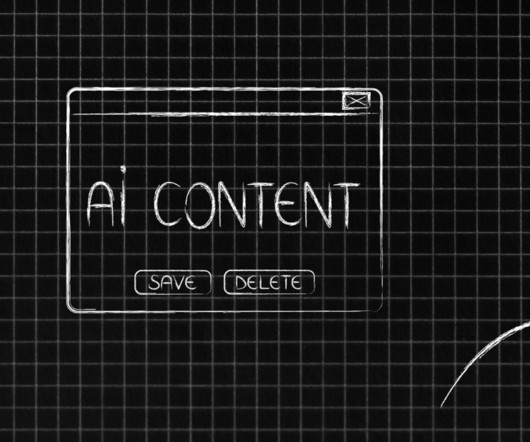Instagram and Facebook Users Are Engaging in Copyright Infringement?!
IPilogue
AUGUST 26, 2022
Influencer culture and, by extension, content creation on social media, has become increasingly prevalent in recent years. In the past, content creators have had issues incorporating music into their posts due to copyright holder policies. Who is Epidemic Sound?












Let's personalize your content